Antlers and Meat
A TASTE OF DEER HUNTING CULTURE IN THE U.P.
The cold December night is silvered and silent. No wind stirs the empty tree branches at field’s edge. Deer creep from forest to clearing on hushed, cloven hooves. When clouds unveil the moon, their breath makes ghostly puffs. Delicate white hairs framing black button noses rime with frost. A thick pink tongue protrudes, licking away the ice forming. The small herd, three does and two yearlings, pick their way carefully through the still field, huge doll eyes alert, and white tails twitching. They are spooky, this late into hunting season.
Opening day of early bow season in Upper Michigan began October 1st, giving way to the clash and boom of rifle fire on November 15th. Rifle season lasts until the end of November, and then it is time for late bow season, which lasts until January 1st. Bows, then rifles, then bows again. Forests and fields filled with hunters out to kill a deer, each with his or her own reasons. Some hunt from tree stands, perched like birds of prey. Some spot and stalk, still-hunting from bush to tree like a cat shadowing its quarry. Others hunker in ground blinds, feet warmed by space heaters.
My father’s feet are warm in felt-lined boots and wool socks. He cups bare hands to his mouth and blows on them softly, bringing feeling back to fingertips. He watches the deer move toward his bait pile, mouth a thin line, hands finding their way by touch back to their positions on the crossbow, eyes never leaving the field. His movements are incremental, both relaxed and tense as he raises the bow, holding place.
The five deer lower their heads and munch on apples, but never all at the same time. One or two always watch, heads swiveling, large ears tremulous, alert to every sound. Deer cannot see very well, although their vision is better at night, but they’re always listening, alert for any sounds of danger. The lack of wind isn’t in my father’s favor, as any noise could spook his prey. However, at least the wind isn’t blowing behind him. Deer have a sense of smell 500-1000 times stronger than a human beings’, and not many things can aid a hunter against the wrong wind.
The big doe stands, shoulder to my father, providing a perfect target. The crossbow is ready. Moving in increments, a mime moving a mountain, he has brought the bow to his shoulder. His breath slows, hands steadying, he slowly exhales, willing the pounding of his heart to lessen. He releases the arrow. It hisses through the chill night, striking through hollow hairs, skin, thick white fat layer, red blood, blue muscle.
Dead on its feet, still the deer runs, following instinct, hooves churning snow and grass it reaches the tree-line, stumbles, rights itself and disappears from view. My father hasn’t moved, but as the deer vanishes he lowers the bow and lets out the breath he’s been holding.
He will return home for help and warm gloves before tracking the deer. My mother, sister, and I have all assisted my father track and field dress his kills, dragging limp deer bodies through snow, holding flashlights, pulling back steaming skin still warm with life.
Pulling gloves over shaking hands he carefully gathers his things and follows his tracks through the dark orchard, across the road, and through the kitchen door.
***
There are many arguments surrounding hunting. In rural Upper Michigan it’s often a controversial and divisive issue. There are people who hunt for meat and people who hunt for antlers. I’ve heard stories of hunters finding the bodies of deer, bloated, wasting, shot and scalped for their antlers—a prize for someone’s wall. Food or glory and often a combination of something in between.
My grandpa, at age ninety, prides himself on hunting every day of rifle season, riding his own four-wheeler to the blind. He waits in the cold, rifle ready to fill grandma’s freezer for the year. Grandpa’s father, Grandpa Willard, rode his four wheeler out to hunt until the last weeks of his ninety-thee year old life. For many locals, hunting is as much a part of their year as Thanksgiving or Fourth of July.
Many of the hunters dotting orange through the U.P.’s woods from October through January, aren’t local. They pack gear, the camouflage and neon orange that comes out only a few times a year, load four wheelers onto trailers and point trucks and SUVs North. They cross the Mackinac Bridge, stopping for gas, pasties, and jerky in St. Ignace before traveling West on either US-2 or M28 toward various camps, cabins, campers, and hours in the late-fall cold.
Hunting is about guns and the gear, adults playing army. Millions of dollars are made nationwide on hunting gear alone—specifically gear that has nothing to do with actually killing a deer. There are camouflage long underwear, baits such as the “acorn cruncher” which mimics the sound deer make eating acorns, electro-magnetic field blocking clothing, and scent free gum, not to mention the necessary items such as weapon, ammo, and winter gear.
I know hunters who follow their own ethical laws, hunting deer to feed their families. For these people, hunting is about meat. Many Upper Michigan locals contest laws surrounding the hunting of deer, which focus on taking big bucks. Opponents say that to harvest the strongest and hardiest members of the deer herd, the big rutting bucks, weakens the deer population generation by generation.
Humans have helped elevate the deer population in Upper Michigan by creating environment: cutting down all the trees, namely pine forests, humans formed a more favorable habitat for deer to forage. In the wild, natural selection would eliminate the weakest members of the herd: small or sickly yearlings and does, generally. The laws, however, require that hunters take big bucks. Some of the licenses even limit to only bucks with three or more points on one side. I’ve heard many a grizzled hunter, orange cap pulled back over flustered gray eyebrows, lament the hunting regulations, blaming big game lobbyists way down in the capital. Lansing seems like a world away from these hushed Northern Michigan woods.









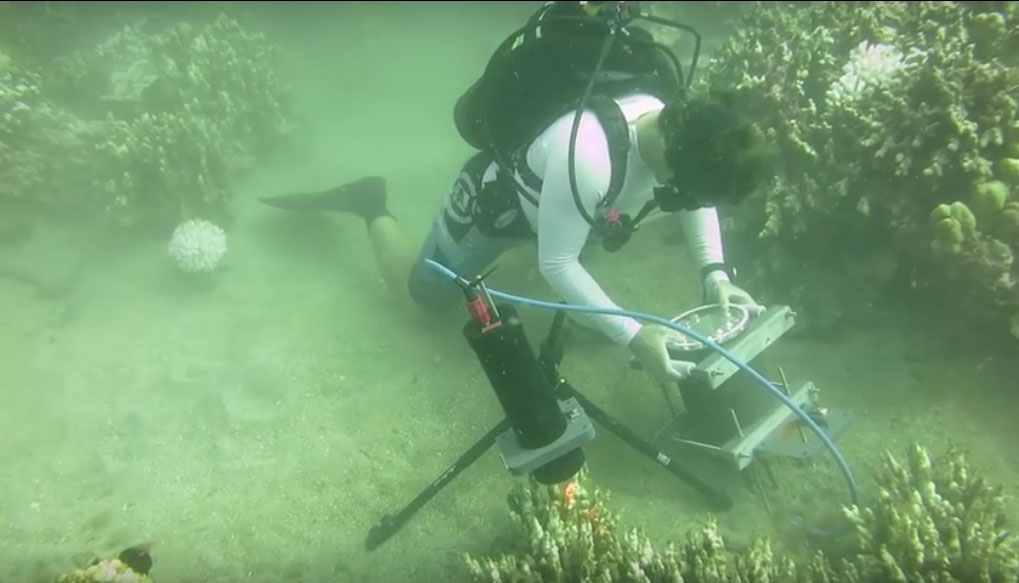
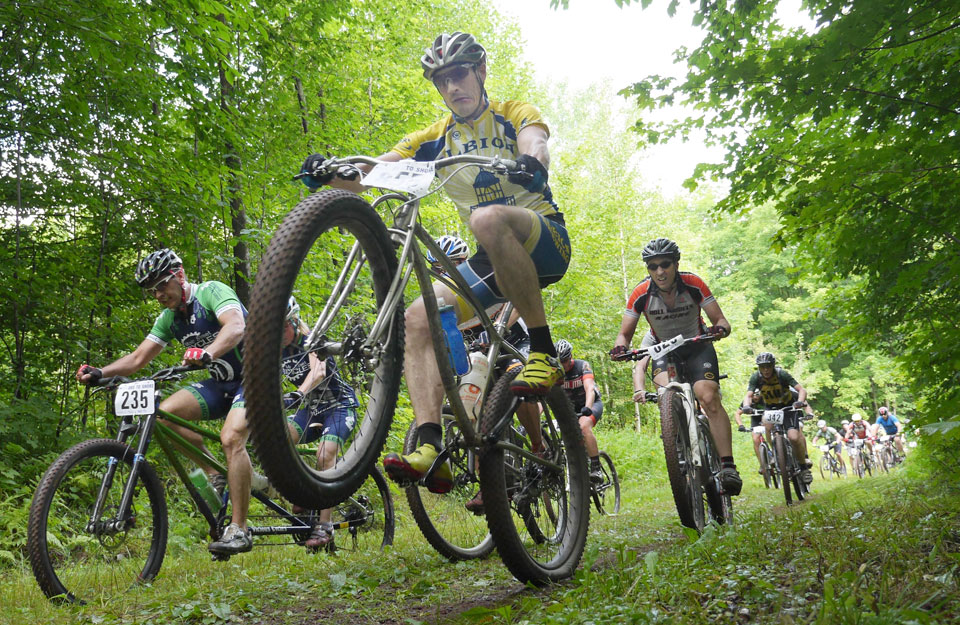
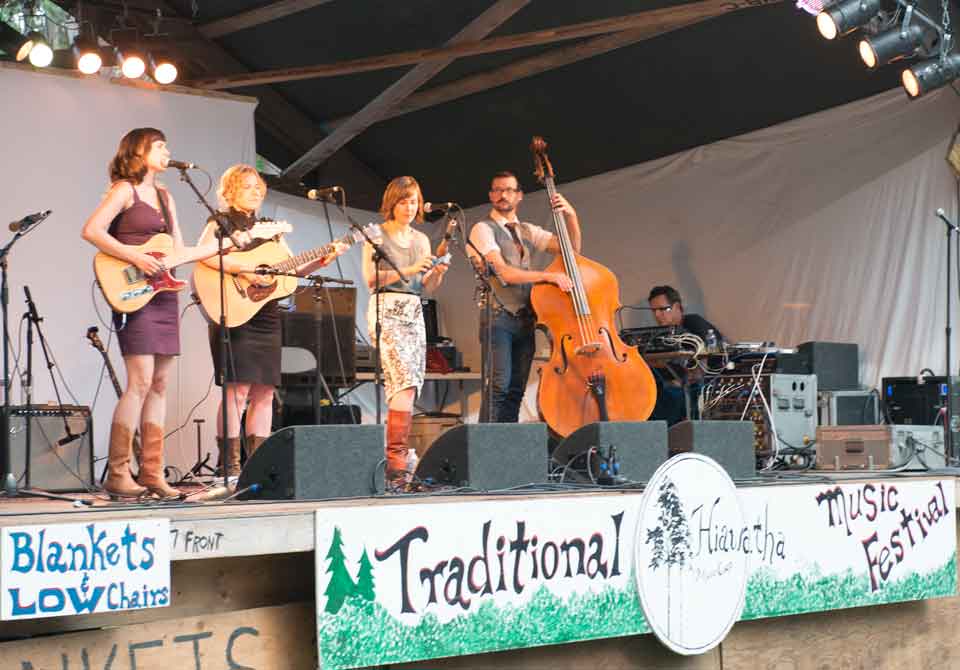
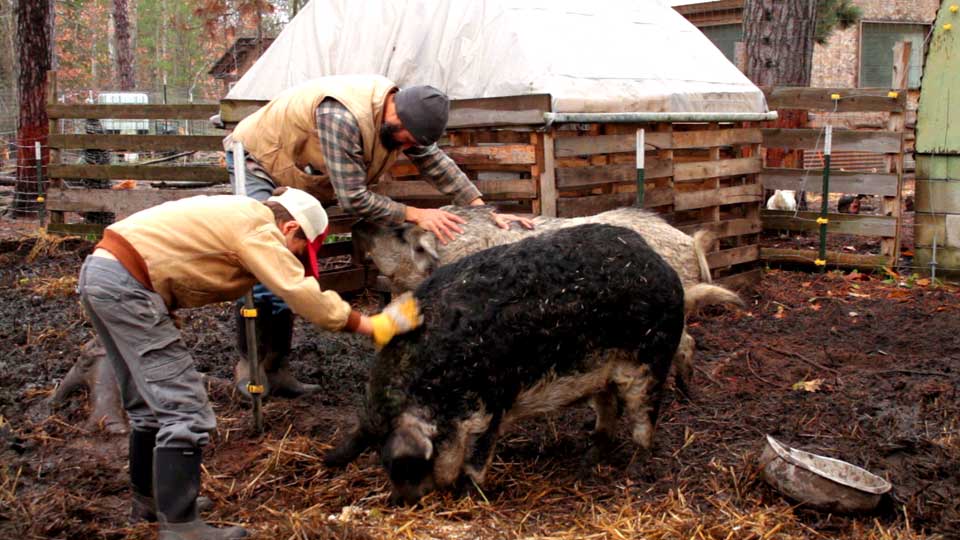
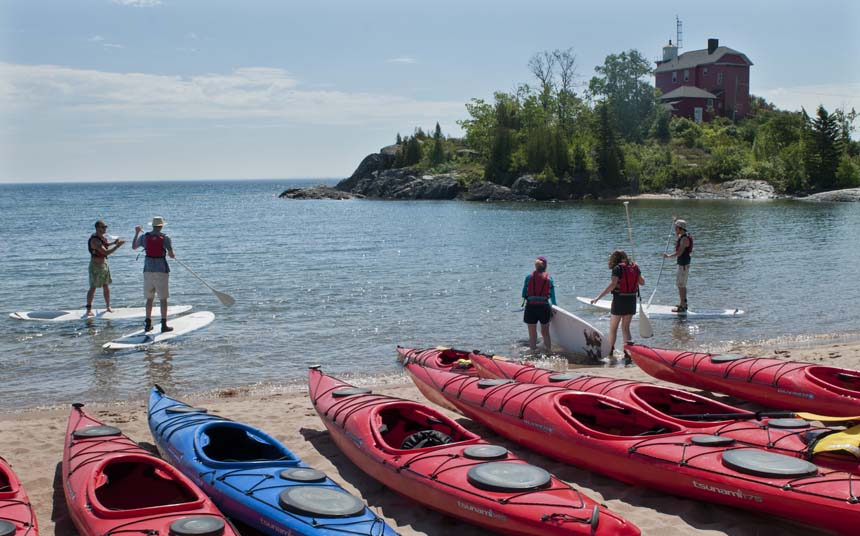
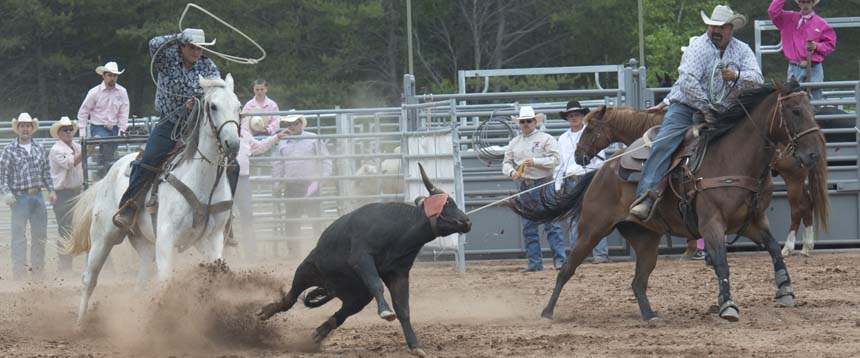
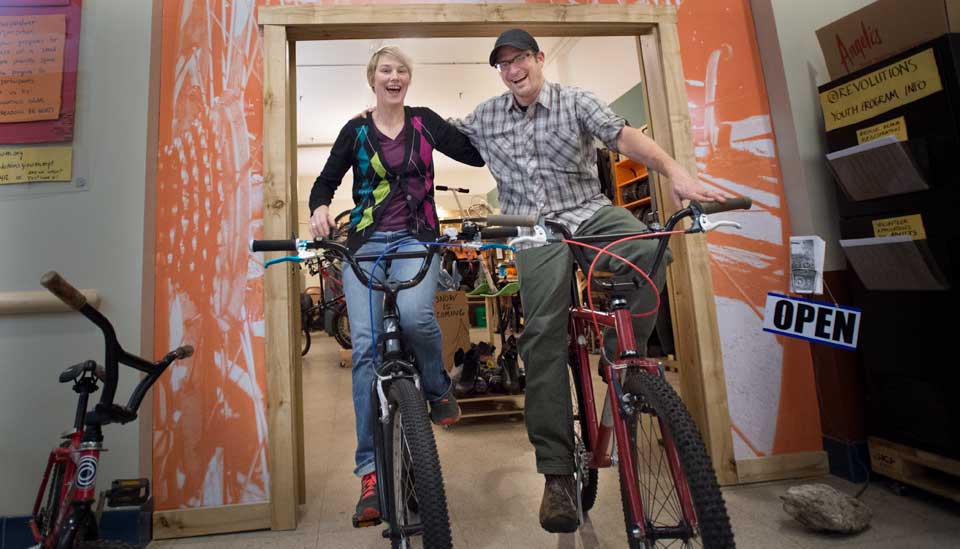
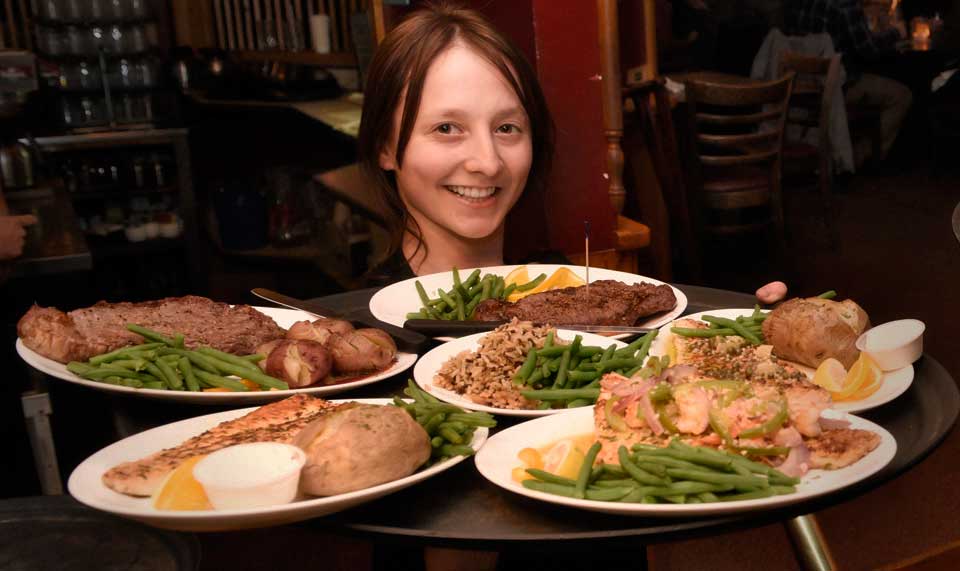
You must be logged in to post a comment Login